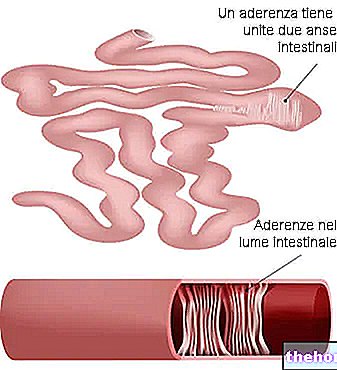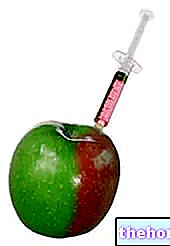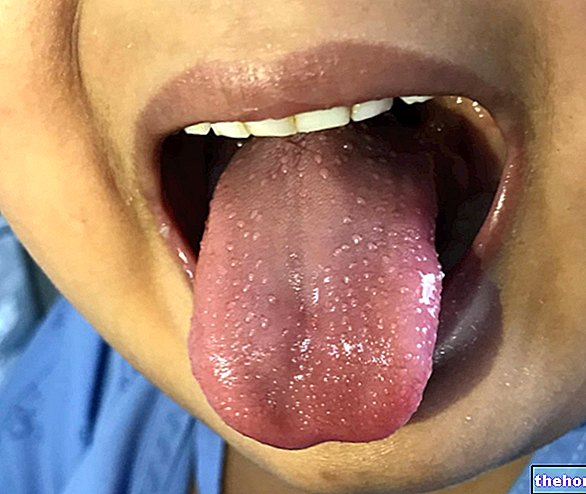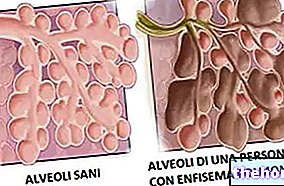
Fear of childbirth can be influenced by past traumatic experiences (invasive obstetric maneuvers, placental abruption, emergency caesarean section, abortions or extra-uterine pregnancies, etc.) and by listening to testimonies of difficult or complicated births.
Tocophobia can have serious consequences, for example, by prolonging labor or predisposing to postpartum depression. For this reason, doctors and midwives who care for the pregnant woman must be aware of the presentation, symptoms and situations that favor the problem. This allows you to implement a therapeutic plan suitable to ensure a good psycho-physical health of the future mother and the unborn child. Some women with tocophobia find it helpful to share experiences they have had or may need to be reassured by gathering information about childbirth (for example, talking to midwives during pregnancy). Other patients may need more targeted treatment, such as some psychotherapy sessions.
If left untreated and overcome, tocophobia can lead some women to important avoidance strategies, such as deciding not to have children, in order not to face the time of delivery.
it is triggered by the thought of hurting the child or even causing his death;The recognition of tocophobia and the close collaboration between the figures who assist the pregnant woman during the nine months of pregnancy (obstetricians, gynecologists and other medical specialists) contribute to reducing its severity and guaranteeing effective treatment.




























